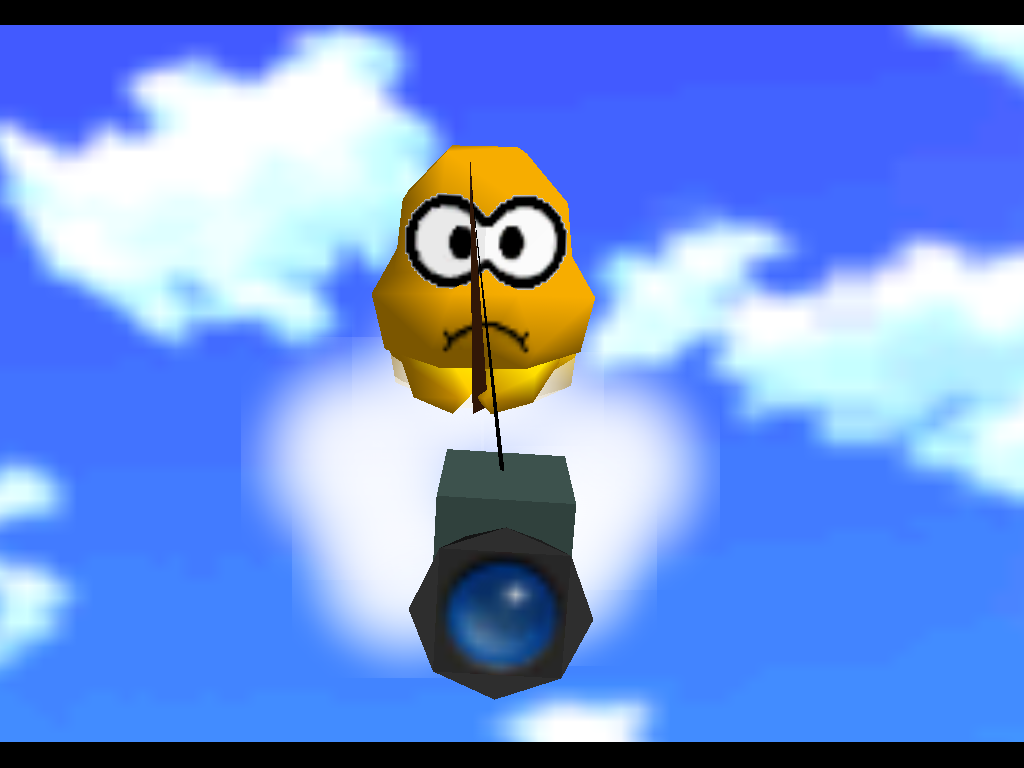
This past weekend, Park City, Utah hosted the annual Sundance Film Festival, and a hundred indie film dreams either came true or were crushed. What better way to rinse off the stink of disappointment than with a rousing session of SiNG PARTY?
Nintendo of America organized a gaming lounge for attendees and Park City residents to try out popular and unreleased games for its Wii U and 3DS systems. They also challenged YouTube filmmakers to create short films based on their new HD console; the top three films selected were shown on the festival’s opening night.
Does Nintendo deserve to be alongside one of the biggest film festivals in the world?
– – –
This is nothing new. Game companies have long tried to place their wares in the eyes of a public excited about other things. What strikes me is how these marketing efforts are beginning to balance out between different forms of media, more so than is apparent to the consuming public.
Games aren’t always the little brother, tugging on Film or Music’s sleeves to get them to pay attention. We see music-makers proactively seeking out developers to help them promote their new albums. Film directors are now directing commercials to blockbuster holiday titles, like Guy Ritchie’s promo for Call of Duty: Black Ops 2. Renowned novelists are penning scripts for games, as Alex Garland did for Ninja Theory’s Enslaved: Odyssey to the West, the same way working scribes poured into Hollywood in the mid-20th century to write for film.
I don’t think Nintendo demoing New Super Mario Bros. U at Sundance is the sign of a sea change in how games are viewed in the cultural landscape. At worst, the situation points to games as still a second-class citizen, a trivial time-waster between premieres of serious art. At best, it points to a day when the industries swap places, and filmmakers choose to debut their works in a tent outside of the L.A. Convention Center during E3. That day may never come. But it does seem like game makers are far more interested in encrouching upon other mediums’ events than vice versa. Given the fact that the game industry annually brings in more money than movies and music combined, the lack of attention paid is a curiosity.
Last year, Indie Game: The Movie took home an award for excellence at Sundance, showing its audience the passion and perseverence required to outlast the rigors of development. Maybe this year some up-and-coming producer will play ZombiU and be intrigued, enough to consider games as another platform for some future project. Either way, the more games intermingle with those cultural forms prominently covered by newspapers, magazines and web sites, the less excuses they’ll have for not taking our influence seriously.